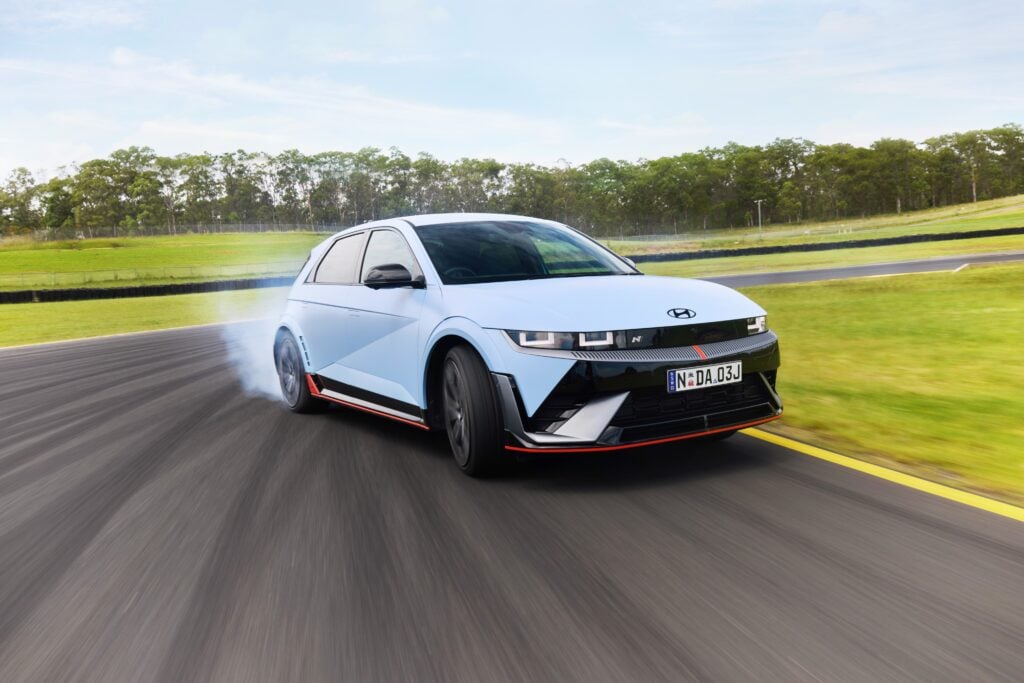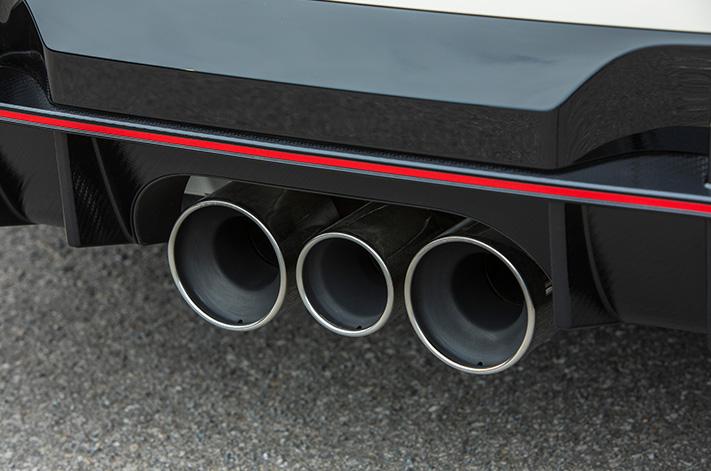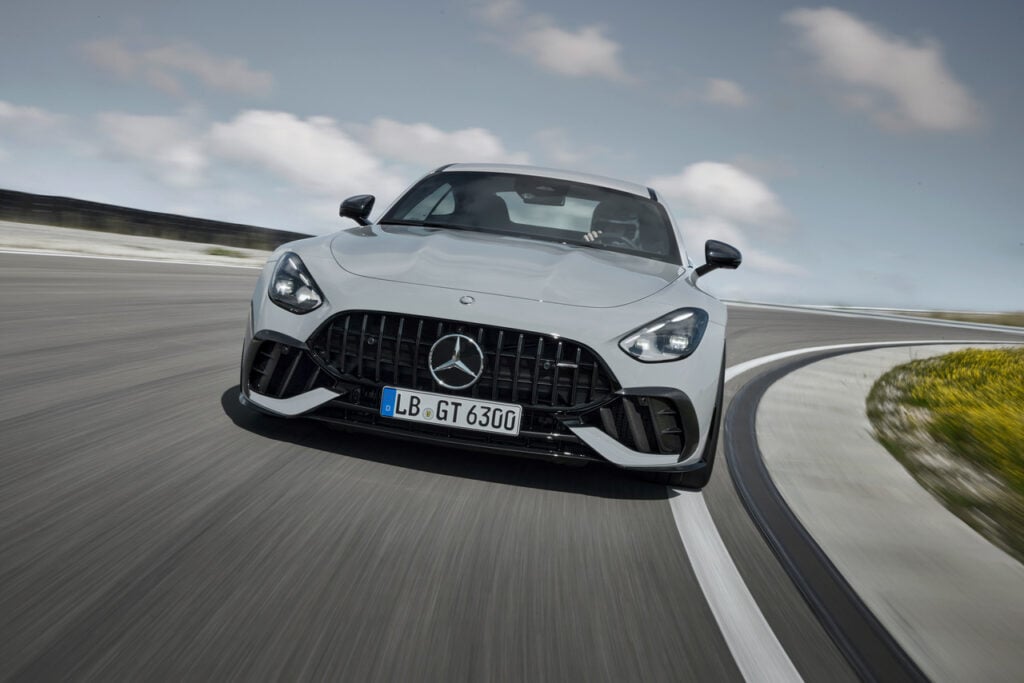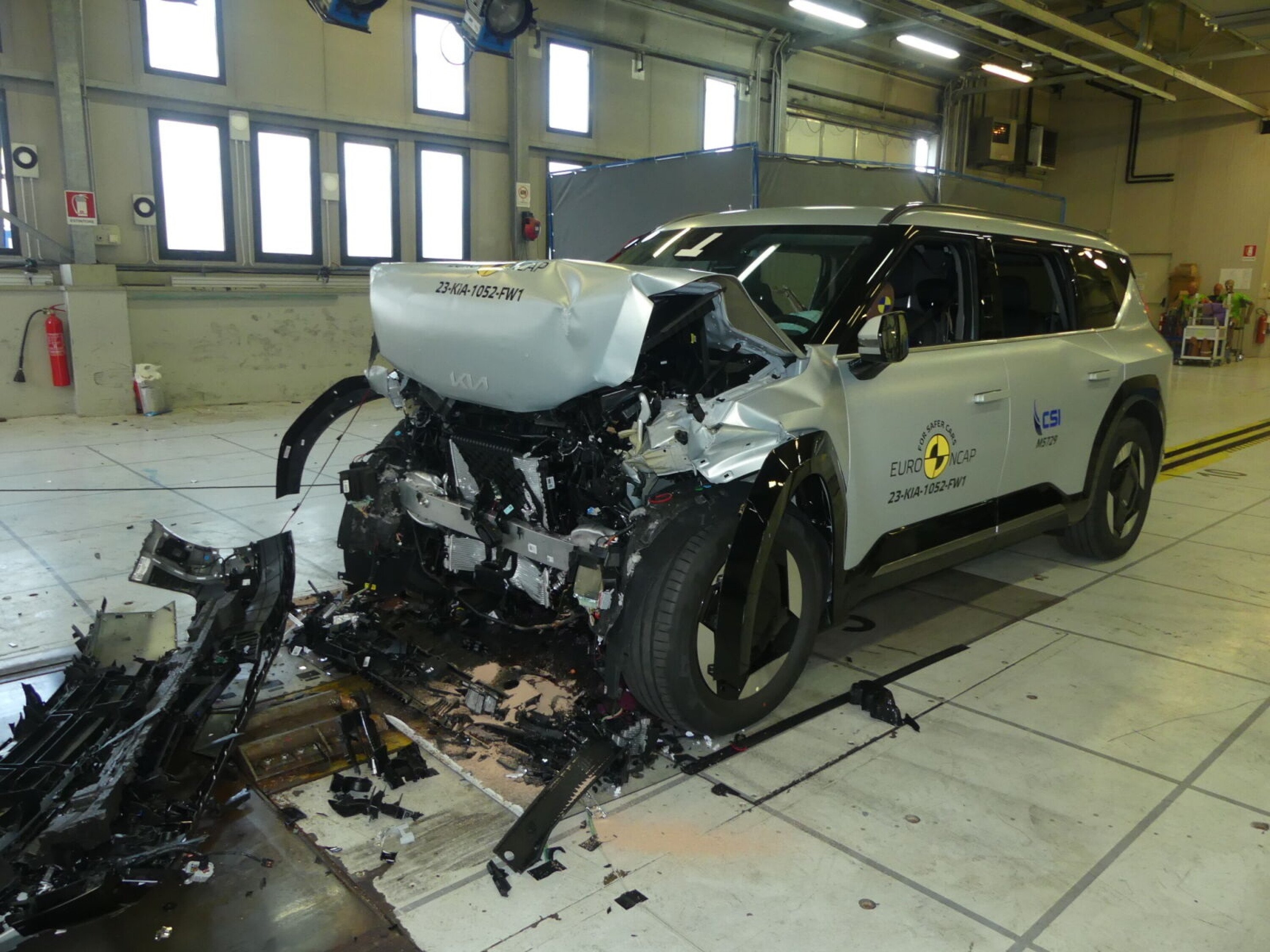
Euro NCAP has slammed the increasing weight of new vehicles as a ‘safety concern’, particularly SUVs and electric models, following its final crash tests of 2023.
Among those SUVs tested included the BYD Seal U, Mercedes-Benz EQE SUV, Honda ZR-V, XPeng 9 and Hyundai Kona – which was lucky to achieve its four-star result – as well as the Kia EV9.
“Of the 11 new cars rated, only three weigh less than two tonnes,” said the preamble to the Euro NCAP media statement.
“In the context of COP28, it would appear encouraging that the majority of these are EVs, but this release highlights a concerning trend in consumer demand for heavier, more powerful, and taller cars that not only put other drivers at risk but also have an adverse effect on the environment,” it said.
Euro NCAP secretary general Dr Van Ratingen pointed to both buying preferences and the rapid shift to electrification as adding unnecessary mass to new models, with SUVs outselling conventional hatchbacks in Europe for the first time in the six months to July 2023.
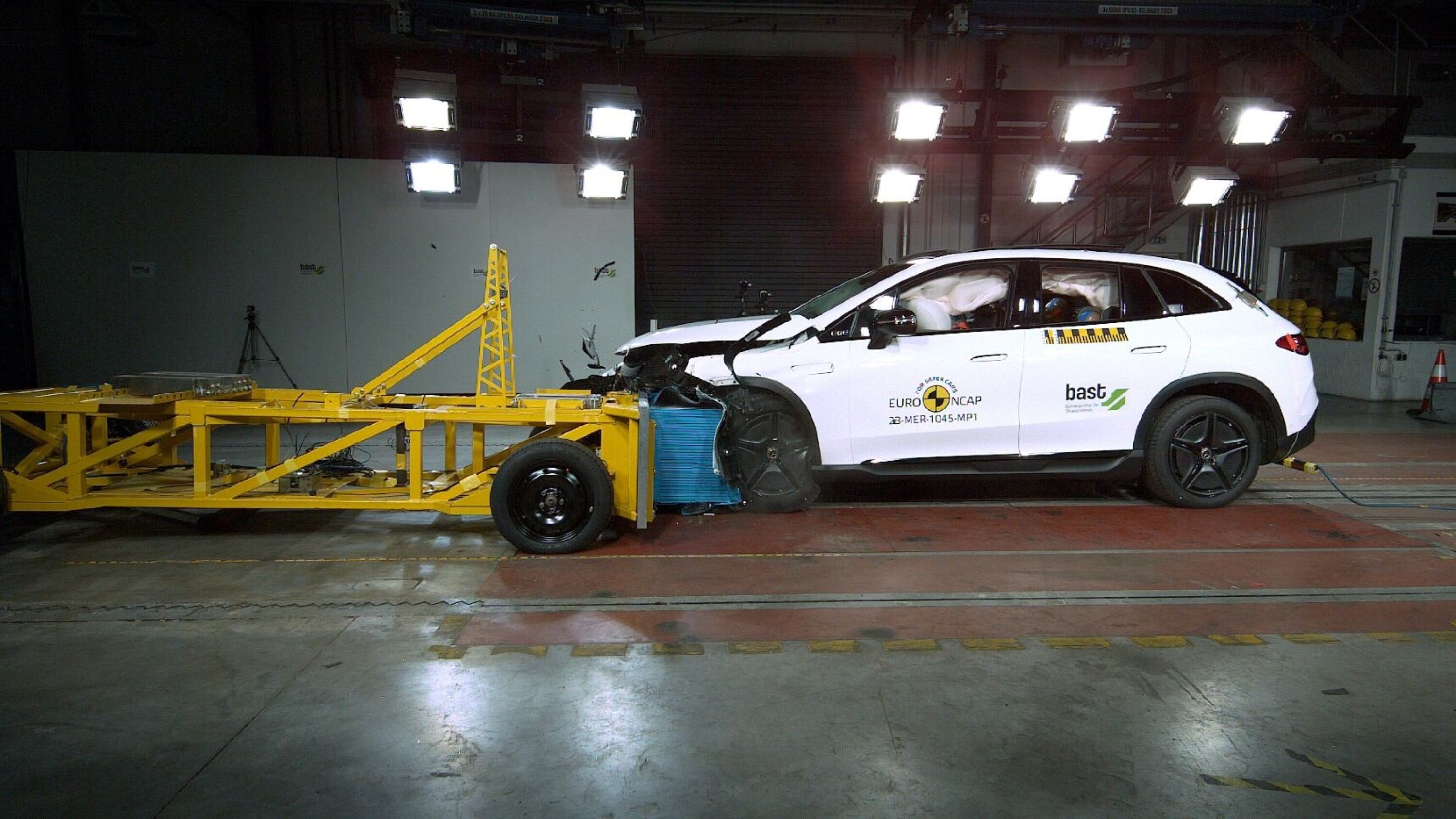
In Australia, SUVs made up more than half of all new vehicles sold in the 11 months to the end of November 2023 to be the most prolific new vehicle type on our roads by far.
“This is a trend that helps neither safety nor the environment: big, heavy cars are generally less energy efficient than small, light ones, and there is a safety concern when those two types of vehicles collide or, worse, when vulnerable road users are involved,”
Van Ratingen also dismissed previous suggestions that NCAP, and other safety bodies globally, were responsible for increasing vehicle weight through mandating the latest safety technology.
“The increase in vehicle weight we see nowadays is certainly not safety-related – it is down to consumer preference for larger vehicles and to electrification,” van Ratingen said.
That includes the Australasian New Car Assessment Program (ANCAP), which renewed its ties with Euro NCAP last month and uses ratings from European crash tests for some vehicles sold in Australia.
“For years, Euro NCAP was accused of pushing up the weight of cars. It was thought that additional safety features meant extra mass. That was never really the case.”
We recommend
-
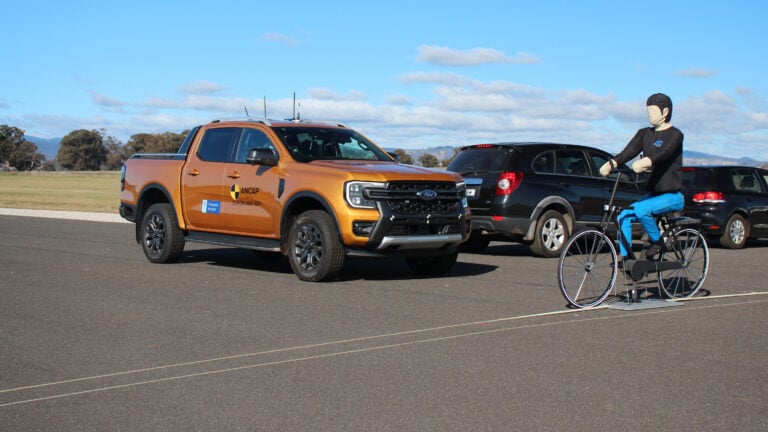 News
NewsANCAP and Euro NCAP set out safety vision for 2030
Both Australasia and Europe’s peak vehicle safety testing bodies have collaborated on future protocols
-
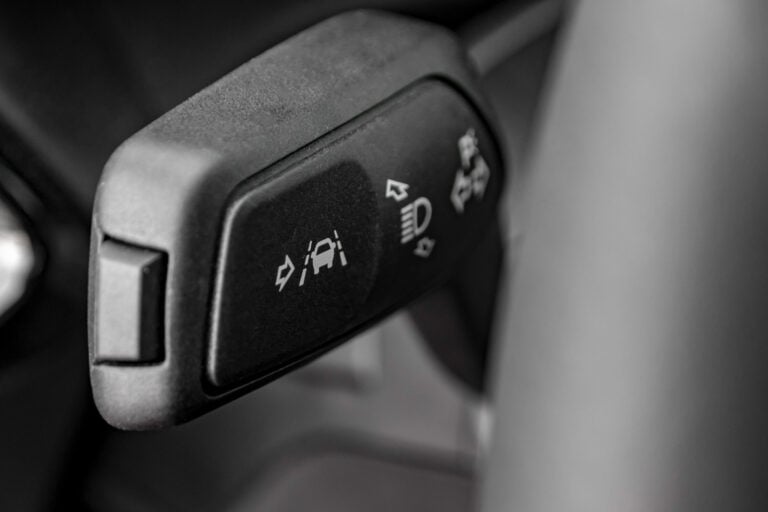 News
NewsEuro NCAP ‘upset’ carmakers did the bare minimum with lane-keep assist
The secretary general of Euro NCAP – sister organisation to ANCAP – has said many lane-keep assist systems are not "properly evaluated in the real world"
-
 Features
FeaturesWhy SUVs could get hammered on the new NCAP safety tests
Think bigger is better when it comes to new car safety? That might be about to change


